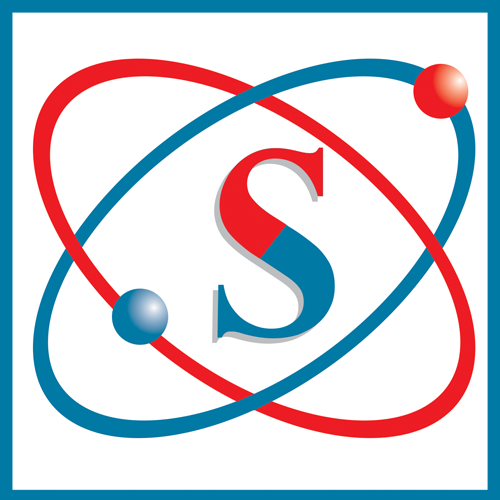Why Computers are important
Computers are essentially information-processing devices. In virtually any job, whether it is clerical, technical, professional; whether it is in banking, manufacturing, retailing or medicine, computers are used extensively. In these and many more functions, people who use computers need not understand more about the working of the computing device than car drivers need to understand about engines. Wanting to work with computers is, therefore, by no means a reason for choosing a career in computing. There is a vast, sometimes underrated, difference between amateurs who programme their computers and computer professionals. Now that the capacity and use of computers have widened so dramatically, ‘information technology or IT is becoming the accepted term. IT describes the convergence’ of office automation, telecommunications and computing. Information systems is the name given to a combination of hardware, software and people. The People Inolved although present-day computers themselves. Computers are machines that can only do exactly what they are told. This requires a small army of qualified computer personnel : computer programmers who will understand computer languages well enough to give them instructions on what to do, computer sales representatives who will sell hardware, software and peripheral computer equipment to customers, service technicians to install, maintain and service these machines, analysts who will help companies to make the best use of the systems for their computing needs, database specialists to manage the increasingly large and complex databases that exist today, and the most advanced of all software engineering which creates programmes that can use the highly advanced computer hardware to do almost anything. Computing and IT professionals, therefore, comprise a range of professionals who have to acquire varied levels of expertise just as other professionals do. Seem capable of doing just about anything, they cannot think for.
General Skills/Attitudes
Communication skills (written and spoken), power of logical reasoning, numerical ability, curiosity, imagination and interest in high technology and constant updating and above average intelligence are attributes necessary for high growth careers in computers.
WORK PROFILES- RELATED SKILLS& TRAINING
Data Entry Operators feed data in the computers as per specifications. They transfer information from paper documents to a computer system. Specific job responsibilities vary according to the type of computer system being used and the nature of employer.
In a bank a data entry clerk/operator may enter financial information or scientific information for a research laboratory. In small companies they combine data entry responsibilities with general office work. Training: ITI certificate suffices. Skills: Typing skills, good comprehension, patience to carry out monotonous, repetitive tasks are important for these jobs. Accuracy is an essential element of all data entry work. Prospects: Now that many computer systems are sending information directly to another computer system and the widespread use of personal computers there is less need for data entry personnel at different points. Computer scanners are also slowly reducing the need for data entry clerks/operators However, the computer industry as a whole will remain very strong. So employment opportunities will remain. Data Entry positions are considered entry level jobs and as such data entry itself does not offer tremendous potential for growth. They may be promoted to working on more machines or systems but the work remains unchanged. Job opportunities may be greater in and around large metropolitan areas where most offices are located. Upward movement is possible by further training in computers.
Scope
The best computer courses are for engineers and is expected to rise as organisations attempt to maximise the efficiency of their computer systems. There will continue to be need for increasingly sophisticated technological innovation. As technology continues to advance, computer professionals will continue to need to upgrade their levels of skill and technical expertise and their ability to interact with users will increase in importance. Individuals with an advanced degree in computer science/engineering/applications should enjoy favourable employment prospects because employers are demanding a higher level of technical expertise.
You Might Want To Read:
Communication Engineering Question Paper 1 2011, Reach Academy, Associateship Examination Fire Consequential Loss Insurance Mock Test Paper 63, Gramin Dak Sevak Gds Online Test, Ugc Net Dogri Mock Test Paper 12, Performing Art Question Paper 2 2014, How Co Browsing Is Changing The Face Of Education, National Medical Admission Test, Tamil Nadu Open University M Sc Psychology 1St Year Advanced General Psychology Mock Test Paper 7, The Senabhyas Educational Center
Leave your vote
This post was created with our nice and easy submission form. Create your post!










Like what you read? Give author a thumbs up?
Bookmark this article to read later, drop a remark in comment section and share with your friends..